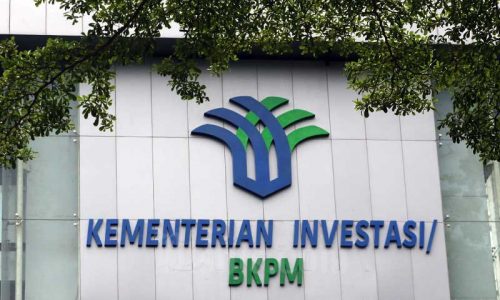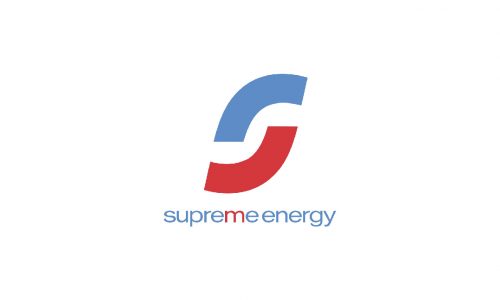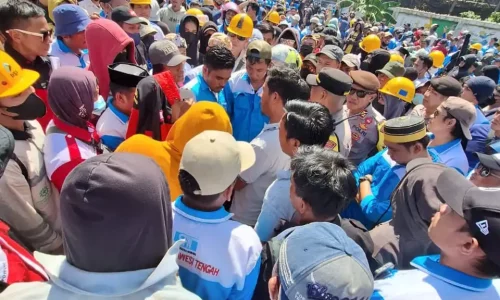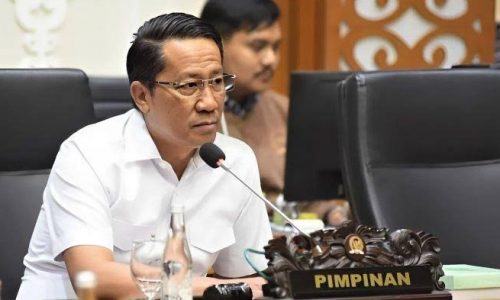President Joko “Jokowi” Widodo announced that Indonesia would start banning the export of bauxite ores starting June 2023 to encourage the development of bauxite processing and refining industry at home. His statement came days after Indonesia filed an expected appeal against a World Trade Organization (WTO) panel ruling that was in favor of the European Union (EU) in a dispute over the ban on nickel ore exports.
“I repeat that starting June 2023, the government will impose the ban on bauxites ores export and encourage the development of bauxites processing and refining industry at home,” Jokowi told a press conference at the State Palace on December 21, 2022.
Estimated increasing state revenue
The president has estimated that the state revenue would increase from IDR 21 trillion to a whopping IDR 62 trillion from domestic bauxite industrialization. “The government will be consistent in developing the downstream industry to increase the added values so the people can enjoy the progress and the prosperity,” Jokowi said.
The government has committed to realize the natural resource sovereignty and increase the added value domestically, mainly in order to open job opportunities as many as possible and to increase foreign exchange revenue and evenly distributed economic growth.
Therefore, the government continues its efforts to optimize natural resources processing industry at home. Raw minerals export will be reduced whereas the development of natural resources downstream industry will be augmented.
Read also: Jokowi insists to promote downstream nickel industries despite loss at WTO
On January 1, 2020, Indonesia began banning nickel ores export. Consequently, the nickel export value skyrocketed from IDR 17 trillion, or US$ 1.1 billion at the end of 2014, to IDR 326 trillion, or US$ 20.9 billion in 2021, or increase by 19 times.
“In my estimation, the export value this year could reach more than Rp 468 trillion or US $30 billion. It is just from one commodity,” Jokowi added.
Domestic industry readiness
Coordinating Minister for the Economy Airlangga Hartarto said there were 4 existing bauxite refining facilities in Indonesia with the alumina capacity of 4.3 million tons per year. There are also bauxite smelters, which are under construction, with the input capacity of 27.41 million tons and 4.98 million tons each, or almost 5 million tons in production capacity.
He explained that Indonesia had 3.2 billion tons of bauxite reserves that could meet the capacity of 41.5 millions tons per year. From the prepared 8 smelters, there could be 12 additional smelters. It will take between 90 and 100 years to exploit Indonesia’s bauxite reserves.
The bauxite will be processed into alumina which later on processed into aluminum ingot. From the aluminum ingot, it can produce derivative products such as aluminum bars or plates. The aluminum bars can be processed into machine and construction industry.
Hartarto said that he was still waiting for the presidential instruction on other mineral commodities including tins and copper.
Read also: China controls Indonesia’s nickel industry
Jokowi said that he would need to calculate the readiness of other mineral industry before banning the export. When the industry is half ready, he will stop the export of raw minerals like tins and coppers. “We have to force the industry to be completed, so based on the case of nickel, we have learned many things,” he said.
Possible WTO lawsuit
Hartarto refused to comment on another possible lawsuit against the ban on bauxite ore exports. “There is no need to discuss it,” he said. He added that the government was monitoring the development in the world level.
He said the bauxite ores ban would not disrupt the supply chain of other countries. There are still other countries, such as Australia, which can supply bauxites ores. Previously, Indonesia has exported bauxite ores to Australia and China.
“The export of washed bauxite worth between US$ 500 million and US$ 600 million. The number will be compensated with investment and foreign exchange saving for US$ 2 billion and estimated export for IDR 62 trillion,” Hartarto said.
Indonesia lost to the EU in a dispute lawsuit against nickel export ban. Energy Minister Arifin Tasrif said the WTO Panel deemed Indonesia as violating the WTO’s Article XI.1 GATT 1994 and could not be justified by article XI.2 (a) and XX (d) GATT 1994. The Panel also rejected Indonesia’s defense regarding the limited amount of national nickel reserves and good mining practices.
Read also: Government relies on abundant natural resources to face 2023 global economic crisis
Hartarto said Indonesia has filed an appeal for the nickel ban decision by the WTO. He said Indonesia would include the opinions and views on nickel export ban in the appeal documents. “We are in the process with the European Union, certainly we have our own position. The panel of appeal will discuss the position,” he said.
Jokowi reiterated that Indonesia would open opportunities with other countries, foreign and domestic companies, to jointly develop their mineral resources related industry, especially nickel, bauxite, copper and tin. Individuals and companies can cooperate with state-owned enterprises, private sectors, or they can establish their own industry.
“However, we want the tax revenue stays at home, the non tax state revenue stays at home. If we have joint dividend, it should stay at home. There are royalty and job opportunity at home. That’s what we want and we will continue [with that],” Jokowi said.









